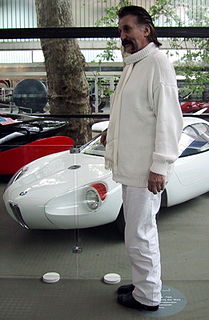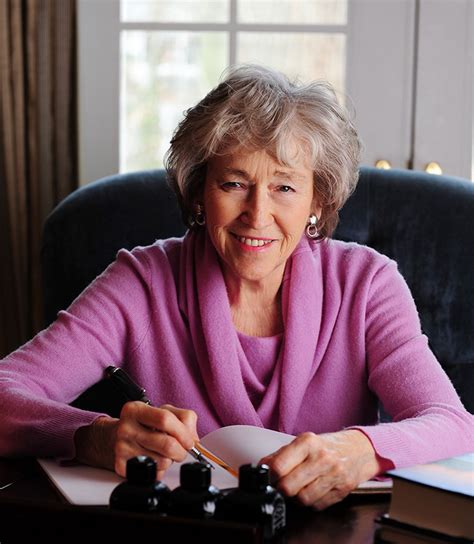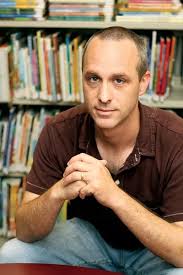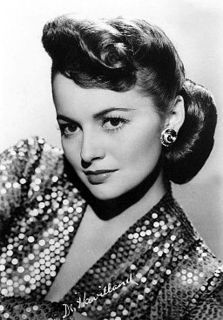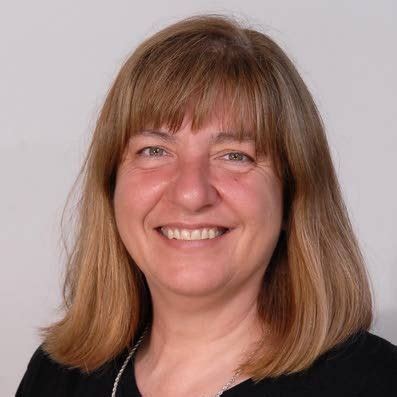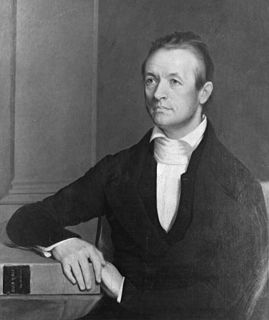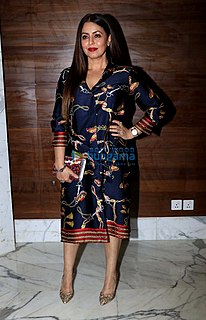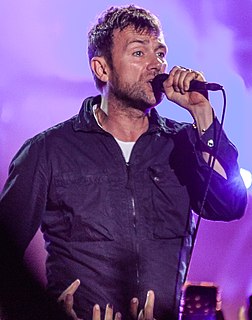A Quote by Marjane Satrapi
I had this fantasy that in a democracy the government was the population. So I came to America and got a big slap in my face... Americans were not what I thought. I thought I was going to see bastards and I saw nice people, very friendly to me.
Related Quotes
America did not need to be discovered because quite simply America had the American-Indians. There were whole groups of people that already lived there including very developed societies such as the Incas, the Aztecs, and the Mayans. But then came the European vision that saw the conquest as a source of advanced growth away from medieval Europe. The new revolutionary bourgeois trend formed a new perspective on what was democracy that they saw as an improvement to the democracy of ancient Greece.
I didn't see myself any different from my white counterparts in school. I just didn't! I thought I could do what they did. And what I didn't do well, I thought people were going to give me the opportunity to do well, because maybe they saw my talent, so they would give me a chance. I had no idea that they would see me completely different.
America is very conservative. It is not a very modern country. If you look at the population, they are very serious, very nice, very good people. I love the Americans. But they are too serious to be modern. But it's not too late. With the last election, America has proven that it's a very young country at heart. We have big hopes in the world that we can again love America for what it is.
I have one really nice watch. It's a white-face, stainless-steel Rolex Daytona. I wear it a lot. I got that in the middle of 'The Office.' All the guys in the writers' room were like, 'Let's all get a nice watch.' We were too busy to upgrade our lives in a big way, but we thought this was a nice symbolic gesture.
The strange thing about my life is that I came to America at about the time when racial attitudes were changing. This was a big help to me. Also, the people who were most cruel to me when I first came to America were black Americans. They made absolute fun of the way I talked, the way I dressed. I couldn't dance. The people who were most kind and loving to me were white people. So what can one make of that? Perhaps it was a coincidence that all the people who found me strange were black and all the people who didn't were white.
In Baltimore, I was walking with a friend who was playing at a pub he kept referring to as the Horse. But when I saw the sign 'The Horse You Came In On' - I thought, 'My God.' I had no intention of ever setting a Jury novel in the U.S., but when I saw that, I thought, 'That's it.' The names are very important.
To be honest, I didn't think I would be here for this album [Give the People What They Want]. I thought I was going to die. When the doctor came in by himself and told me I had cancer, it was frightening. He told me he got it and there would be six months of chemo. I really thought people would be promoting my record without me here to enjoy it. But I'm here.
I had a fantasy as a child that I might be a writer someday. I always thought that meant you went to New York or Paris. But after that intense summer, I never thought that I wanted to live any place but Chicago. It also made me see what the stakes were in the civil rights movement. And it made me see what real hatred was like and the forms that it took. But it also made me understand how powerless ordinary people feel in their lives.
The first exhibition that I used bright colours in painting the room was at a gallery in Paris, and there were seven rooms in the gallery. It was very nice gallery, not very big rooms, around the courtyard, it was a very French space. So I painted each room in different colour. When people came to the exhibition, I saw they came with a smile. Everybody smiles - this is something I never saw in my work before.
I had a guy at the Groucho bar clawing at my arm nearly in tears saying that until he saw The Departed he thought Americans were the ones on TV. I didn't know you had accents. I didn't know you had a class system. I didn't know you were like us. To which the answer is, probably only where I grew up, but while we're at it don't watch television and think it's the United States of America.
Something about this made Reynie uneasy. Had he done so badly? Was this meant to test his courage? He did as he was told, closing his eyes and bracing himself as best he could. "Why are you flinching?" the pencil woman asked. "I don't know. I thought maybe you were going to slap me." "Don't be ridiculous. I could slap you perfectly well with your eyes open. I'm only going to blindfold you.
I got up and saw my face in the mirror and saw the horror. When they did the surgery on me, they took out 67 glass pieces. There were a lot of movies that I had lined up for myself during that time, and I had to let it go. I didn't want people to know because, at that time, people were not that supportive.



